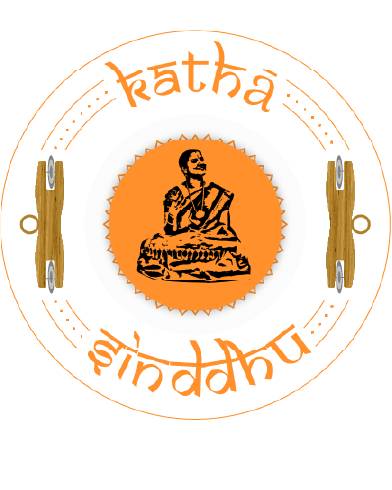Sampradhaya
Songs
Oonjal
Testimonials
The Oonjal ceremony is a significant ritual in Hindu marriages that celebrates the union of the bride and groom’s families with great pride. It usually takes place after the Kashiyatra ritual.
The ceremony involves singing traditional songs that are rich in cultural ethos and meaning.
For over a decade now, U.E. Sinddhuja has been presenting unheard traditional Oonjal songs, which are a compilation of the histories of the joining families, including their Heritage, Kula Deivams, and Gurus.
These soul-stirring songs add a touch of cultural significance to the wedding ceremony and leave a lasting impression on everyone present.
At Katha Sinddhu, we offer the unique and popular service known as “Katha Capsule”. This service provides a condensed version of our Harikatha, tailored to the client’s preferences and presented in a 10-15 minute format.
The Katha Capsule is typically performed after the Pravaram Vaasippu ritual, during which the bride receives the madisar from the groom and prepares for the Thirumangalya Dhaaranam ceremony.
One of our most celebrated Katha Capsule performances is the Meenakshi Kalyanam Harikatha, which has received numerous standing ovations from satisfied clients. Listening to this Harikatha before the mangalyadhaaranam ceremony is an experience that cannot be measured in terms of its true value.
Katha Capsule
Testimonials
Nalangu
Testimonials
The post-wedding Nalangu ceremony is a joyous celebration filled with fun and games, providing an opportunity for the newlyweds and their families to unwind and bond with each other.
Traditional Nalangu songs are an integral part of this ceremony, guiding the wedding party through various activities. These songs set a light-hearted and jovial tone for inviting the groom, adorning him with sandal paste, and breaking appalams.
Katha Sinddhu has researched and performed authentic and traditional Nalangu pattu to make this event unforgettable and create cherished memories.
Manjal Neeraattu Vizha, also known as the puberty shower, is a special and significant tradition practiced by several Hindu communities.
Our ancestors have composed songs that highlight the importance of family, moral values, and women’s empowerment. These profound songs are a valuable contribution to preserving and passing on our traditional values to the younger generation.
At Katha Sinddhu, we recognize the significance of this tradition and strive to promote and educate the public about its cultural and spiritual significance.
Manjal Neeraattu Vizha
Testimonials
Masakkai
Testimonials
Have you heard of Prahlada, Ashtavakra, and Abimanyu? They may have been vastly different figures in Indian history, but they all shared a remarkable trait – they were able to absorb knowledge while in their mother’s womb.
Our tradition teaches us that the expectant mother must be filled not only with a child but also with divine wisdom.
At Katha Sinddhu, we offer Masakkai songs and Seemandham musical discourses, such as Sri Balakrishna Leela and Sri Balathripurasundari Leela, to enrich the mother and instill a sense of divinity within the child.
One of the most beautiful avatars among the Dasavatharams is Vamana Avathara. This avatar is often presented as Harikatha during the Upanayana ceremony.
According to the story, Vamana, who is believed to be Sakshath Mahavishnu, eagerly awaited his own Upanayana so he could proceed to gurukula and meet Mahabali. Ultimately, Vamana stepped on Mahabali and ended him.
Therefore, Harikatha on Vamana Avathara adorns the sacred occasion of Upanayana, either on the day itself or on the previous day, known as poorvaangam.
